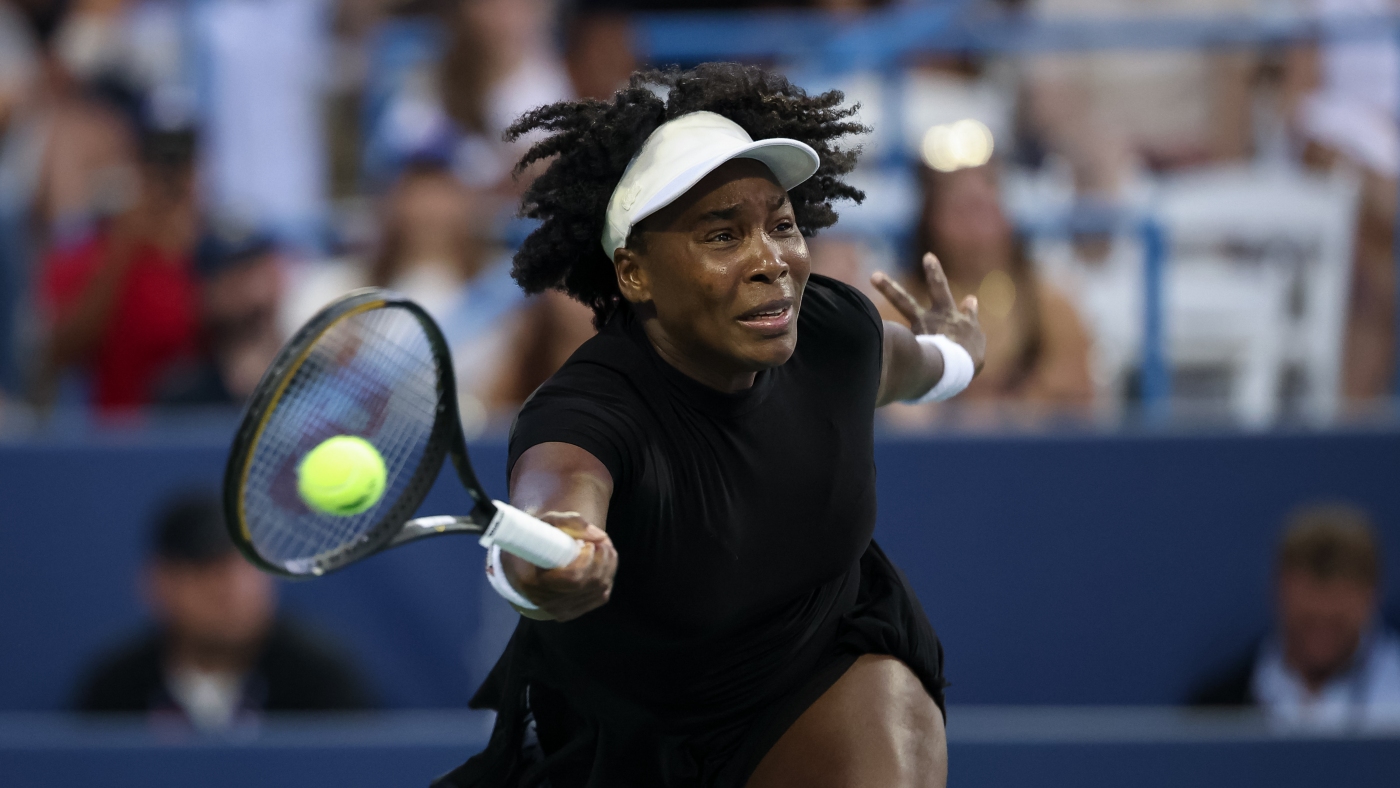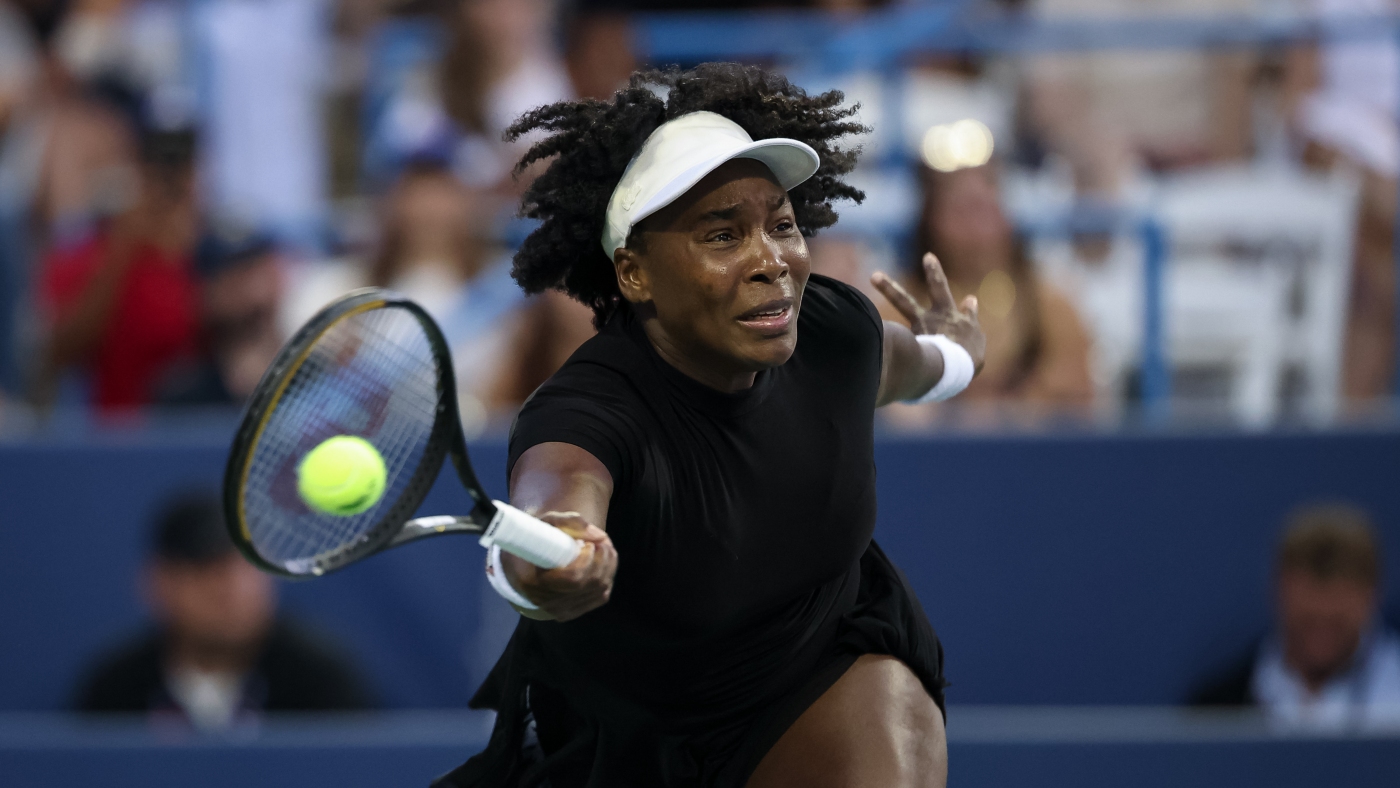The Irony of Venus Williams and the American Healthcare System
Introduction
Venus Williams, a tennis icon known for her power, elegance, and dominance on the court, recently made a remark that transcended the boundaries of sports. Her casual comment about returning to the game to “get my benefits on!” after winning the Mubadala Citi DC Open sparked a broader conversation about healthcare access in the United States. This seemingly lighthearted quip underscored a critical issue: the precarious nature of health insurance, even for those who appear to have it all. Williams’ statement serves as a microcosm of the systemic problems plaguing the American healthcare system, highlighting the need for reform and equitable access to care.
The WTA and Healthcare: A Necessity, Not a Luxury
The Women’s Tennis Association (WTA) provides its athletes with comprehensive health insurance, including medical, dental, and vision coverage. This benefit is crucial for professional tennis players, who face constant physical demands and frequent injuries. The WTA’s robust insurance package reflects its commitment to player well-being, ensuring that athletes have access to necessary medical care as they travel the world competing.
However, the story is more nuanced than it appears. While the WTA offers excellent insurance, the financial landscape of professional tennis is uneven. Only a small percentage of players earn substantial income and endorsements that guarantee long-term financial security. For those outside the top tier, maintaining a career in tennis is a constant struggle, with travel expenses, coaching fees, and other costs eating into any winnings. Williams’ comment sheds light on the fact that even someone with her impressive net worth prioritizes health insurance, not necessarily because she can’t afford healthcare, but because she understands the potentially catastrophic costs associated with serious illness or injury in the U.S. healthcare system.
The Illusion of Wealth and the Gaps in Coverage
Williams’ situation highlights the illusion of wealth and the gaps in healthcare coverage. Even with substantial financial resources, navigating the complexities of medical bills and insurance claims can be daunting. The peace of mind that comes with comprehensive coverage is invaluable, especially in a system where medical costs can be exorbitant.
Moreover, there can be gaps in coverage, particularly during breaks from competition. Williams’ year-long hiatus meant she likely needed to actively ensure her benefits remained active. This underscores a crucial point: health insurance is often tied to employment, and any disruption in that employment can lead to a loss of coverage. This vulnerability is not unique to athletes but is a reality for many Americans who rely on employer-sponsored health insurance.
The Broader Implications for Athletes
Williams’ situation resonates with a much wider audience than just tennis fans. It underscores the precarious nature of healthcare for many athletes, particularly those in less-lucrative sports or those transitioning out of their professional careers. Many athletes face a “cliff” when their playing days end, losing access to team-sponsored health insurance and struggling to find affordable alternatives.
The physical toll of a professional sports career often leads to long-term health issues, making access to affordable healthcare even more critical for retired athletes. Joint problems, chronic pain, and other injuries sustained during competition can require ongoing medical care, and the lack of insurance can be a significant barrier to receiving that care. The need to continue playing, even when the body is telling you otherwise, simply to maintain health insurance, is a reality for many athletes. This creates a system where athletes may be forced to prioritize financial security over their long-term health and well-being.
The Reflection on the American Healthcare System
Perhaps the most significant takeaway from Williams’ comment is the uncomfortable reflection it casts on the American healthcare system. The fact that even someone of her stature feels the need to prioritize health insurance highlights the systemic problems that plague the nation:
– The Employment-Based System: The reliance on employer-sponsored health insurance leaves millions vulnerable to losing coverage when they lose their jobs or retire. This system creates a direct link between employment and healthcare access, leaving many in a constant state of uncertainty.
– The High Cost of Healthcare: The exorbitant cost of medical care in the U.S. makes health insurance a necessity for most people. Even with insurance, high deductibles and co-pays can make it difficult to afford necessary care.
– The Complexity of the System: Navigating the American healthcare system can be incredibly complex, with a confusing array of insurance plans, billing practices, and medical jargon. This complexity can be overwhelming, even for those with resources and education.
– The Lack of Universal Coverage: Unlike many other developed countries, the U.S. does not have a system of universal healthcare, leaving millions uninsured or underinsured.
Williams’ situation, while unique in its specifics, is a microcosm of the broader healthcare challenges faced by many Americans. It underscores the need for a more equitable and accessible healthcare system that is not tied to employment and that provides affordable coverage for all.
A Call for Change
Venus Williams’ seemingly offhand comment was more than just a joke. It was a powerful reminder that the American healthcare system needs reform. It’s a call to re-evaluate how we provide healthcare to our citizens, including our athletes who dedicate their lives to entertaining and inspiring us. Perhaps, by acknowledging the irony of a tennis superstar needing to play for insurance, we can begin to address the systemic issues that leave so many vulnerable. Her words serve as a rallying cry for a more equitable and just healthcare system, where access to care is a right, not a privilege, and where no one, regardless of their income or fame, has to choose between their health and their livelihood. The game is far from over, and the fight for healthcare access continues.








